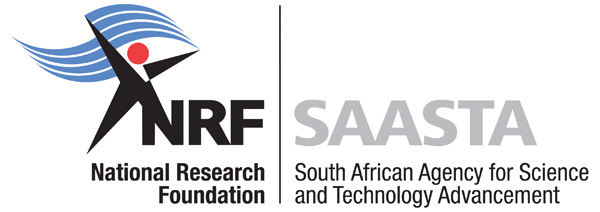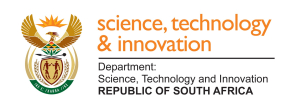Aviwe, a paleobotanist, takes us on a journey back in time before dinosaurs walked the Earth and tells us about how ancient forests and 260 million year old plants formed the coal we know today. She studies the fossils of these ancient forests and is trying to find the best way to name and describe these ancient plants.
Oluwasegun, a microbiologist, compares our immune system to law enforcement. If it fails to perform properly when a person is infected with HIV or has cancer, microorganisms such as the yeast, Candida albicans, which normally live in harmony, become a mob. Listen to him talk about his research into how to better treat the “mob”.
Could we fly from one continent to another in one hour? Phylis, a materials scientist, tells us about why this hasn’t been possible and how she is studying composite materials that may make this a reality.
Our waste is a valuable source of energy. Saneliswa, an engineer, tells us how we can use our waste to generate electricity, through the process of gasification. Listen to her talk about how we can contribute to a sustainable energy solution.
Sheetal talks about what infectious disease modelling is and how it can help prevent the spread of a disease. Are you interested in how biology, computer science, mathematics and statistics come together to help prevent disease? Listen to her talk.
Army worms have destroyed crops this year in South Africa. Tshepo, a microbiologist, tells us how biological control using nematodes can prevent crop destruction by insects.
Tshiamo, a geologist, talks about phytomining and how we can use wheat crops to harvest gold from gold waste. Sounds good? Listen to her talk about this proudly South African research being conducted at Mintek.
What are the facts about Cannabis? Why does it have a bad rap? Listen to Wynand, a biochemist, talk about the THC in cannabis and how it works and influences our brains.
Can we make mine dumps less harmful to us and the environment? Nanji, a chemical engineer, talks about the process of flotation to remove harmful (or beneficial) minerals from mining waste.
Engineers apply science to solve society’s problems. Michael, a chemical and metallurgical engineer, talks about his work to reduce the cost of titanium alloys that can be used to the benefit of many in medicine.

 The South Africa Agency for Science and Technology Advancement (SAASTA) is a business unit of the
The South Africa Agency for Science and Technology Advancement (SAASTA) is a business unit of the 